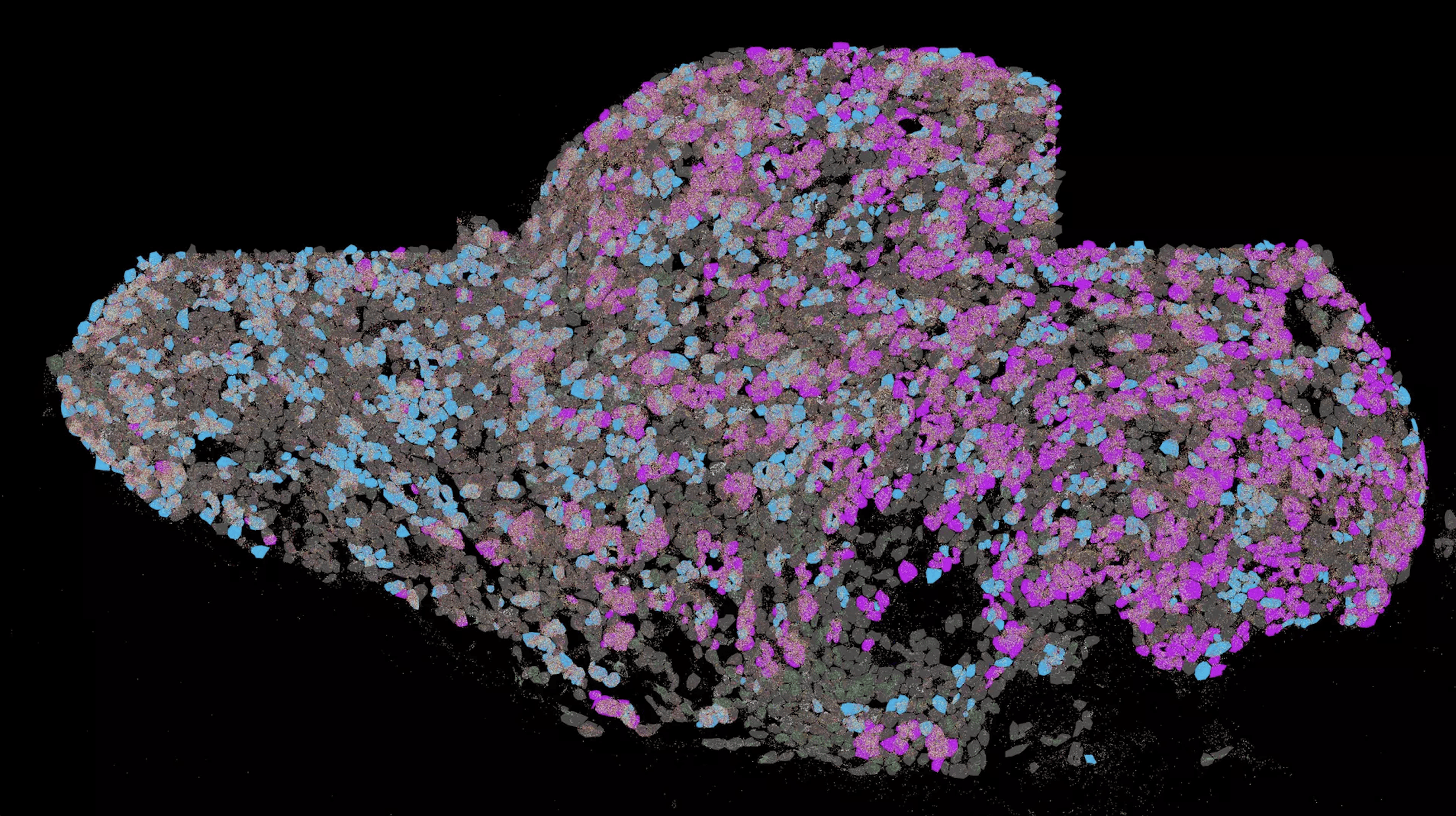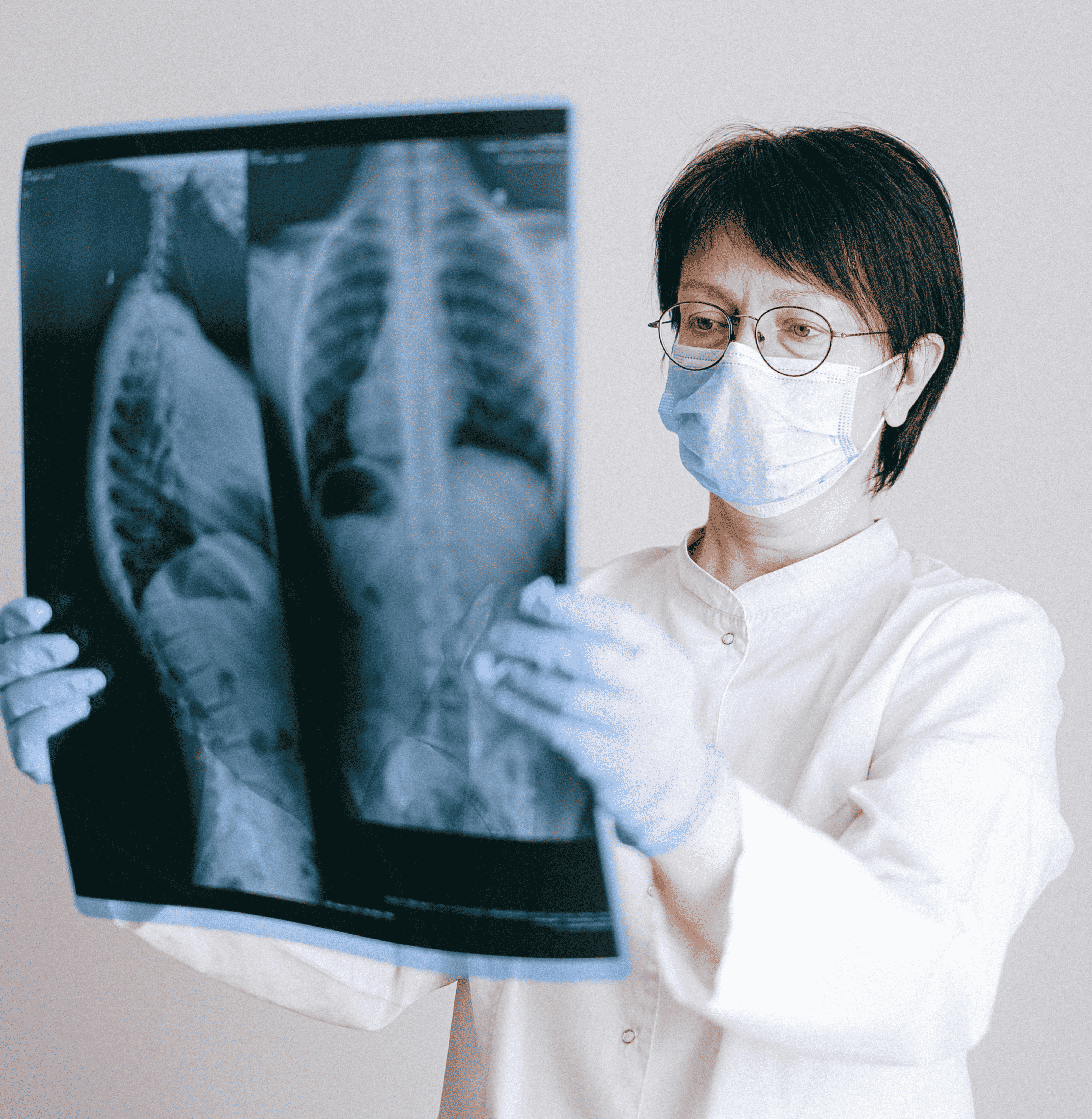
Researchers at the Technical University in Munich have developed a new method to prevent the anthrax bacillus from spreading further. The team around Professor Arne Skerra succeeded in preventing the anthrax pathogen from absorbing the iron it needs. The bacillus needs this to spread further. By neutralizing the special iron complexing agent, the pathogen is denied access to iron in the human body. This could enable effective treatment of the life-threatening anthrax infection.
Anthrax, as a disease, is caused by bacteria. Although the pathogen can be fought with the help of an antibiotic, the poison it emits is particularly dangerous. The disease can be fatal if it is detected too late.
Since the anthrax pathogen is particularly resistant, it can possibly survive in the soil. The so-called spores of the bacterium are eaten by grazing animals such as cattle or sheep, causing them to develop anthrax. Especially people who work with farm animals or animal products can become infected. Although anthrax cases are rare in Western Europe, the consequences can be fatal in the worst case.
Inadequately heated meat
Another source of infection with the anthrax pathogen is the meat of diseased animals. If this is not heated sufficiently, humans can become infected. In the south of France, for example, anthrax cases occurred in farm animals at the end of August this year. For 20 years this was one of the most violent outbreaks, as reported by the French media. The population of wild chimpanzees and gorillas is also endangered by anthrax.
Anthrax is even more threatening if the pathogen is used as a bioweapon. Then the bacterium poses a worldwide threat. In 2001, five people died in the USA when several letters with anthrax spores were sent.
Iron absorption
In order to prevent the dangerous anthrax pathogen from spreading, Professor Skerra’s team used a certain property of bacteria. Like all body cells, they require the essential trace element iron. However, iron is not readily available because it is firmly bound to proteins in body fluids. This is why bacteria produce special complexing agents. They are called siderophores or iron carriers. Their task: to bind the few free iron ions in order to absorb them via the bacteria’s own transport system. The human immune system opposes this with a protein called siderocalin. It circulates in the blood and absorbs the iron siderophores with high affinity and excretes them via the kidneys.
However, the special iron carrier of the anthrax pathogen, petrobactin, is not recognised by siderocalin. Professor Skerra from the Department of Biological Chemistry developed the idea to switch off the anthrax siderophore. The idea is to slow down the proliferation of the anthrax siderophore. For this purpose, the chair developed the Anticalin technology, with which the body’s own siderocalin could be reconstructed. The result: Petrocalin can neutralize the siderophore of the anthrax pathogen.
“The newly developed Petrocalin intercepts Petrobactin and thus deprives the anthrax pathogen of access to the vital iron, which acts as a protein antibiotic,” said Skerra. “In cooperation with Professor Siegfried Scherer from the Department of Microbial Ecology, we were recently able to prove that this approach works in bacterial cultures.”
This newly developed strategy could open up new roads in the treatment of anthrax infections. We have succeeded in suppressing the spread of the bacterium in patients’ bodies. For the study, Prof. Skerra and his team worked with an attenuated laboratory strain – but not with the human pathogen.
(Picture: Skerra / TUM)







